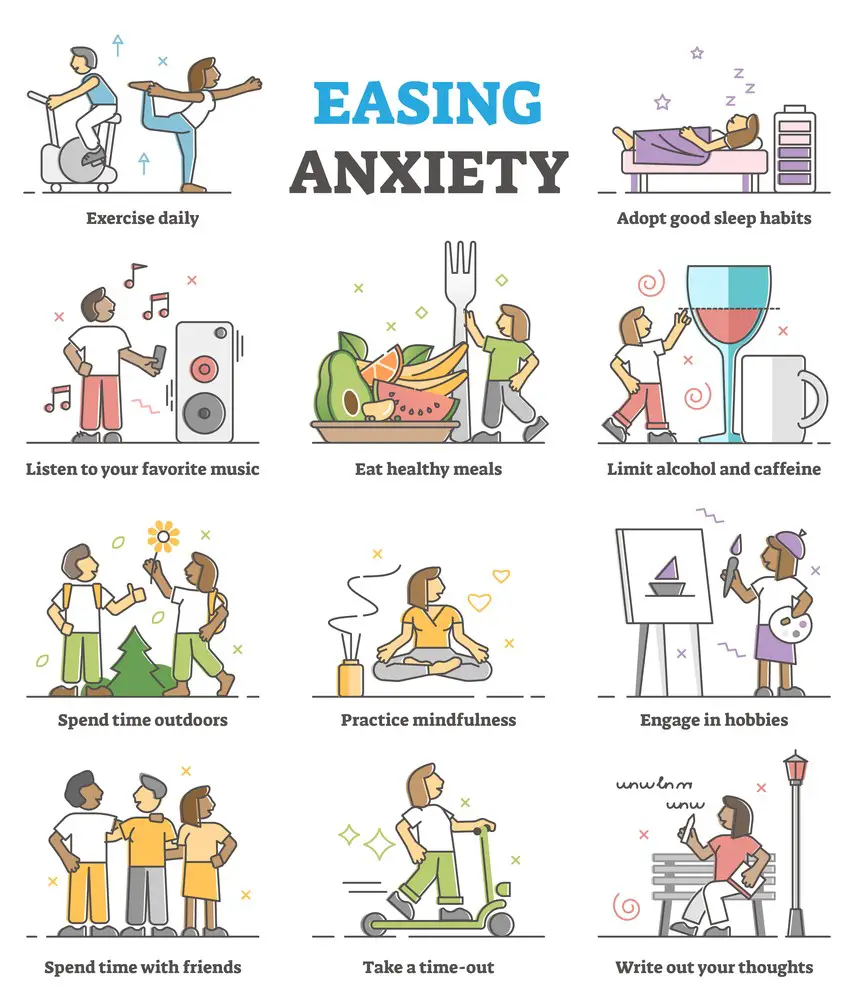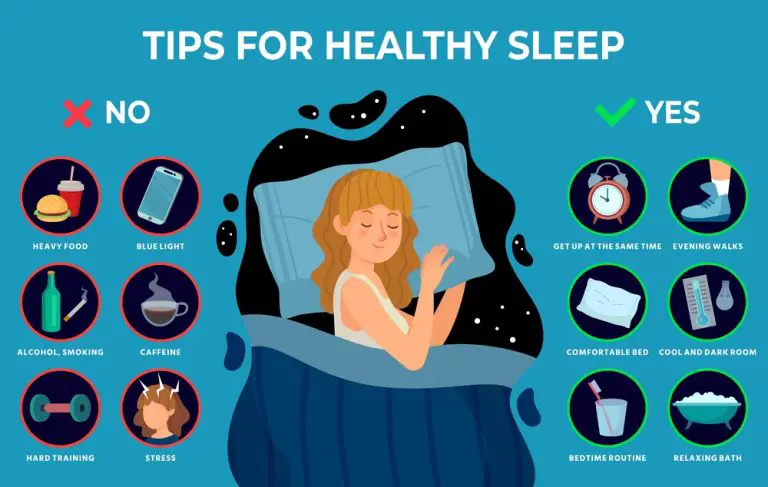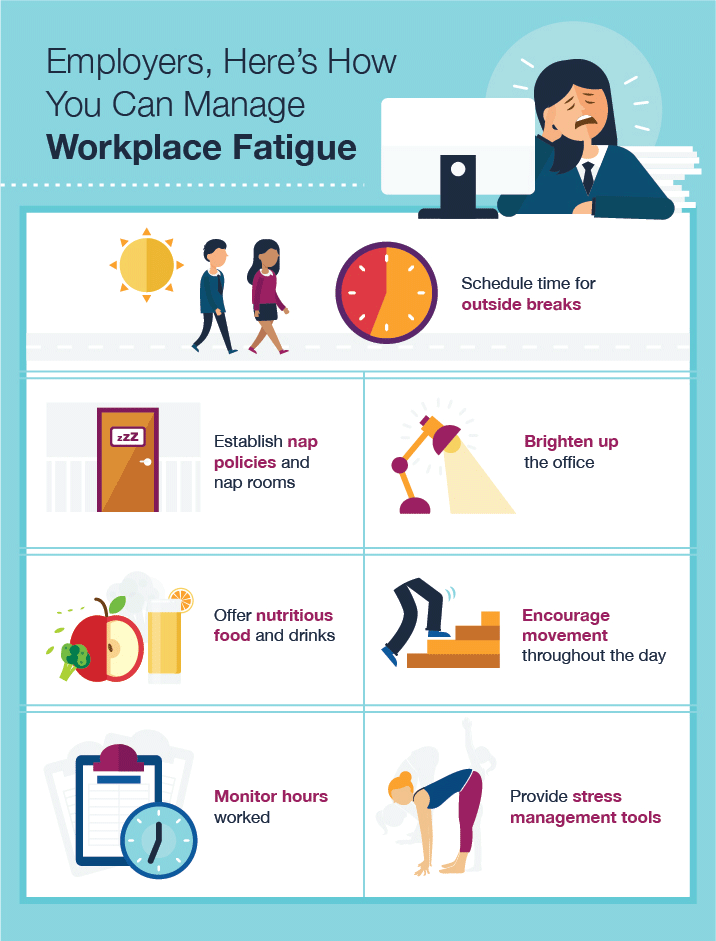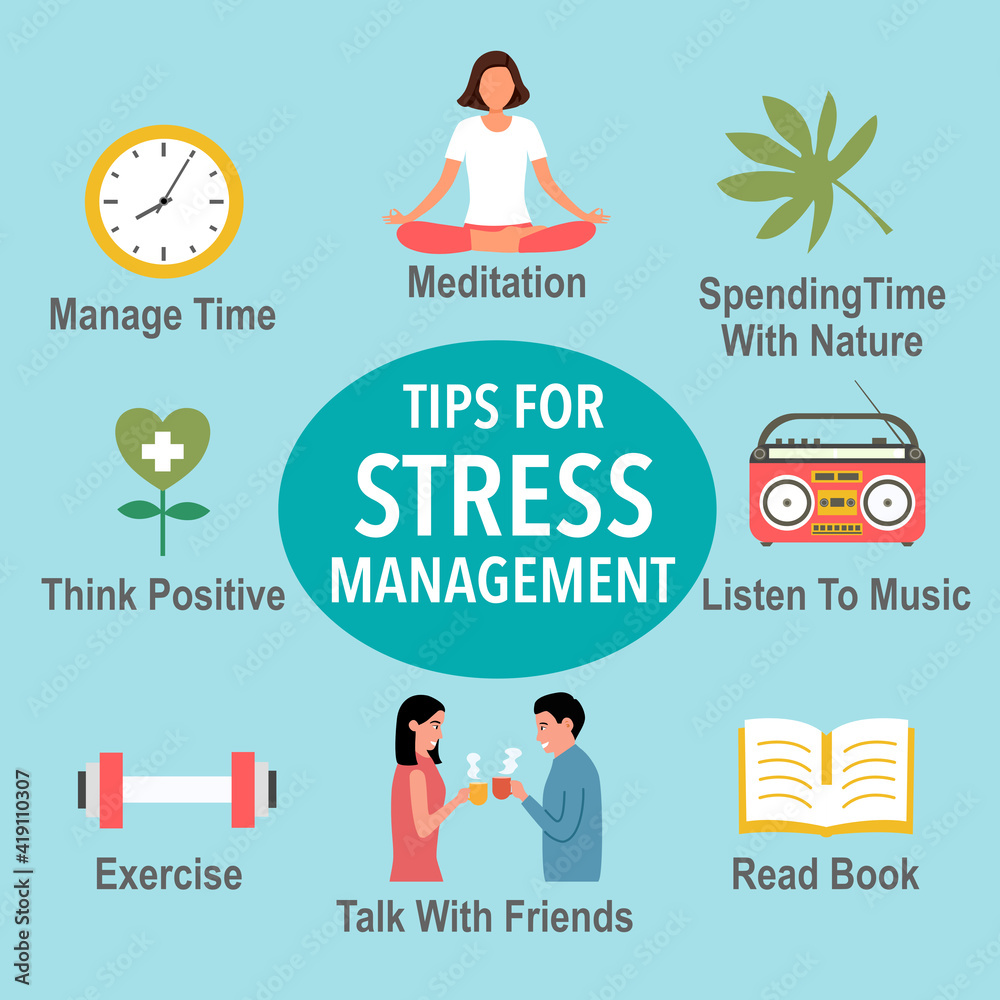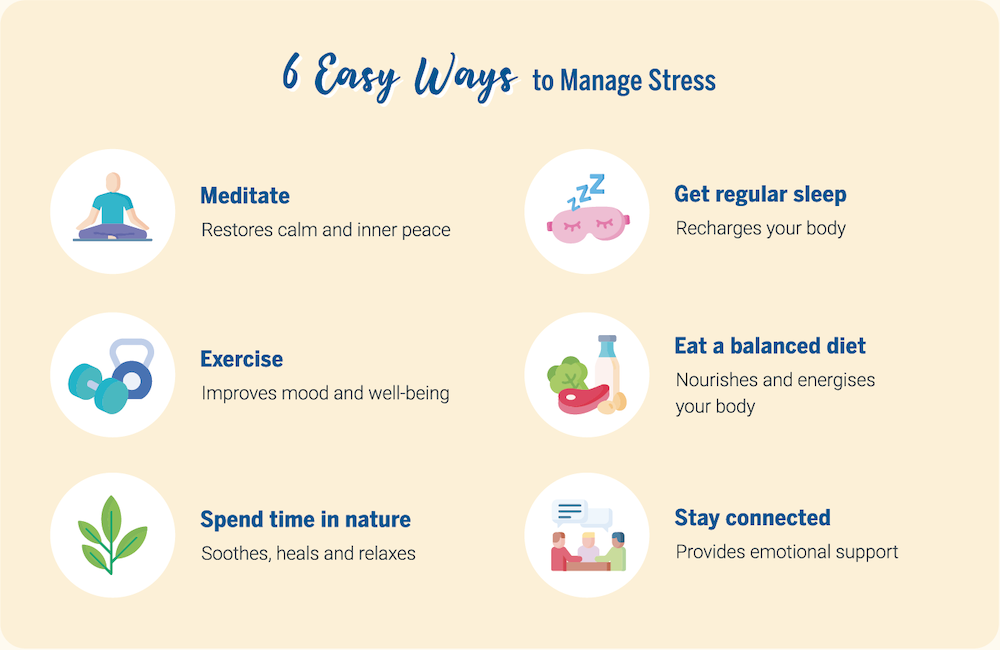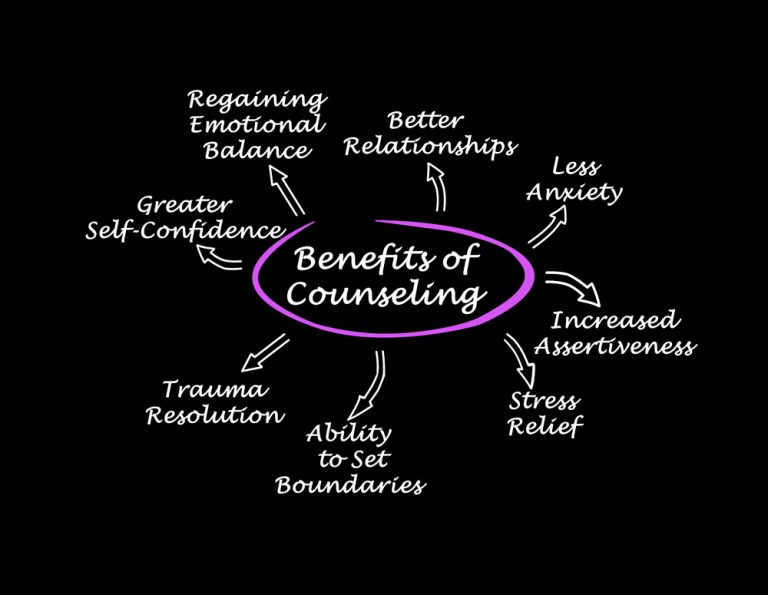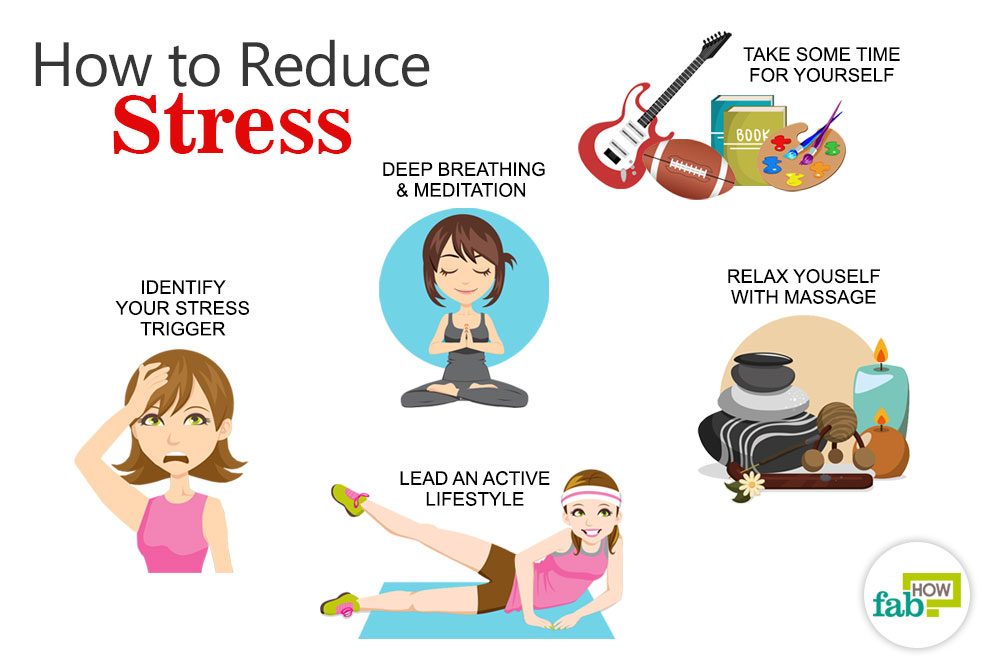Once Exhaustion Sets In Stress Becomes Easier To Manage

In a paradox that challenges conventional wisdom, emerging research suggests a counterintuitive phenomenon: as exhaustion deepens, the perceived intensity of daily stress diminishes. This isn't a cure for stress, but a shifting of gears, a biological and psychological adaptation when the body's reserves are critically low. But what does this really mean for long-term health, and is this seemingly easier management truly beneficial?
At the heart of this phenomenon lies a complex interplay of neurochemical changes, psychological adaptation, and a recalibration of priorities driven by sheer survival. Instead of crumbling under the weight of chronic stress, individuals experiencing profound exhaustion may find themselves exhibiting a surprising degree of emotional detachment and a narrowed focus on immediate, essential tasks. This article delves into the science behind this unexpected adaptation, exploring its implications for mental and physical well-being, and examining the crucial distinction between managing stress effectively and simply becoming numb to its effects.
The Science of Exhaustion and Stress Perception
When the body enters a state of prolonged stress, the hypothalamic-pituitary-adrenal (HPA) axis, responsible for managing stress hormones like cortisol, becomes dysregulated. Initially, cortisol levels spike, preparing the body for 'fight or flight'. However, with chronic exhaustion, this system can become blunted, leading to a diminished cortisol response.
Studies published in the Journal of Psychoneuroendocrinology have shown that individuals experiencing burnout often exhibit lower cortisol levels throughout the day compared to those with healthy stress responses. This diminished response doesn't eliminate stress; instead, it seems to alter the perception and processing of stressors.
Dr. Anya Sharma, a leading researcher in stress physiology at the National Institute of Mental Health (NIMH), explains that the brain prioritizes energy conservation during exhaustion. "When the body is running on empty, the brain shifts its focus to immediate survival. Activities that are not essential for immediate well-being are filtered out, potentially reducing the perception of stress from those sources," she states.
Psychological Adaptation: A Shift in Perspective
Beyond the biological mechanisms, psychological adaptation also plays a significant role. Exhaustion often leads to a narrowing of focus, with individuals prioritizing essential tasks and neglecting less critical obligations. This prioritization can create a sense of reduced stress, as individuals are actively disengaging from stressors that are not deemed immediately important.
Behavioral patterns change. An individual might stop attending social events, delegate tasks at work, or simply ignore non-urgent emails. While these actions might appear as improved stress management, they often reflect a depleted capacity to cope with demands, leading to social withdrawal or decreased engagement.
Dr. Ben Carter, a clinical psychologist specializing in burnout at the Mayo Clinic, emphasizes the importance of differentiating between healthy coping mechanisms and maladaptive detachment. "True stress management involves proactively addressing stressors and developing healthy coping strategies. Simply becoming numb to stress is not a sustainable solution and can have significant long-term consequences."
The Downside: Numbness vs. Management
The perceived ease in managing stress during exhaustion is not without its risks. While the initial detachment might feel like a relief, it can mask underlying issues and hinder proactive problem-solving.
One of the biggest dangers is the potential for emotional numbing. When individuals become accustomed to ignoring or suppressing their emotions, they can struggle to process difficult experiences and develop healthy emotional regulation skills. This can lead to increased risk of depression, anxiety, and other mental health problems.
Furthermore, ignoring stressors can lead to a build-up of unresolved issues. Small problems that could have been easily addressed early on can escalate into larger, more complex challenges. This delayed action can ultimately increase stress levels in the long run, as the unresolved issues eventually demand attention.
Long-Term Health Implications
The chronic stress associated with exhaustion has far-reaching implications for physical health. Studies have linked chronic stress to an increased risk of cardiovascular disease, weakened immune function, and digestive problems.
A meta-analysis published in The Lancet found a significant correlation between chronic stress and an increased risk of stroke and heart attack. The researchers noted that the constant activation of the stress response can damage blood vessels and increase inflammation throughout the body.
Moreover, the reduced focus on self-care that often accompanies exhaustion can exacerbate health problems. Individuals may neglect healthy eating habits, exercise less, and experience disrupted sleep patterns, further compromising their physical well-being.
Moving Forward: Recovery and Resilience
The key to navigating this complex relationship between exhaustion and stress is to prioritize recovery and cultivate resilience. This involves recognizing the signs of exhaustion early on and implementing strategies to restore energy and well-being.
Simple strategies such as prioritizing sleep, engaging in regular physical activity, and practicing mindfulness can help to replenish energy reserves and improve stress management skills. Seeking social support and engaging in meaningful activities can also help to combat feelings of isolation and improve overall well-being.
Importantly, seeking professional help from a therapist or counselor can provide individuals with the tools and support they need to address underlying stressors and develop healthy coping mechanisms. Cognitive-behavioral therapy (CBT) and other therapeutic approaches can help individuals identify and change negative thought patterns and behaviors that contribute to stress and exhaustion.
Ultimately, the apparent ease in managing stress during exhaustion is a mirage. While it might provide temporary relief, it is not a substitute for proactive stress management and self-care. By prioritizing recovery and cultivating resilience, individuals can break the cycle of exhaustion and develop sustainable strategies for managing stress and promoting long-term health and well-being.



